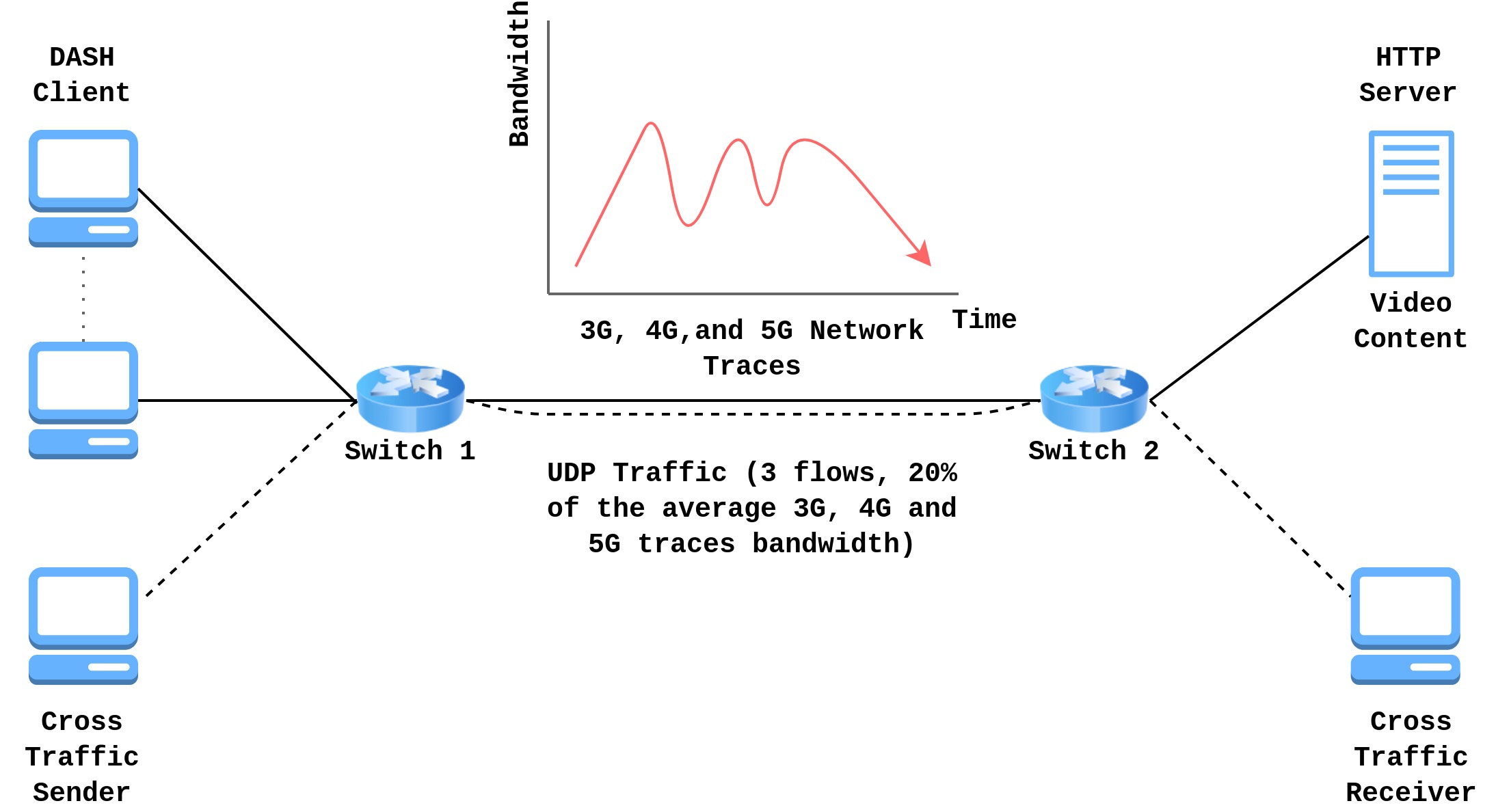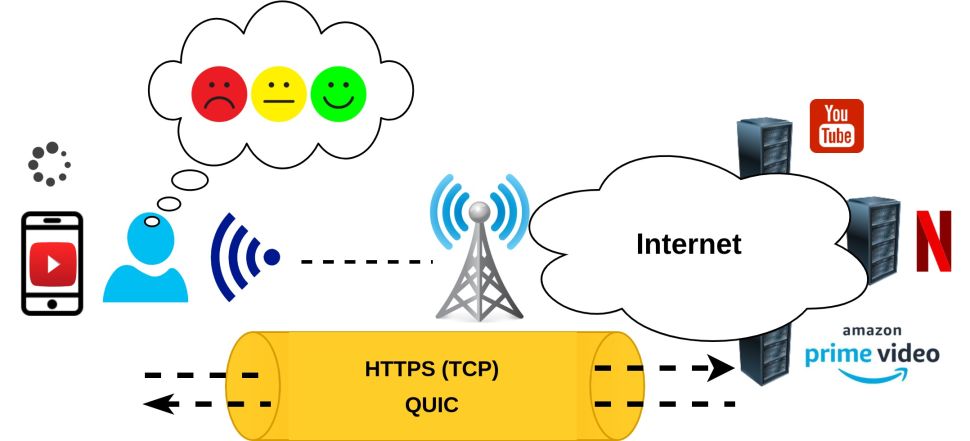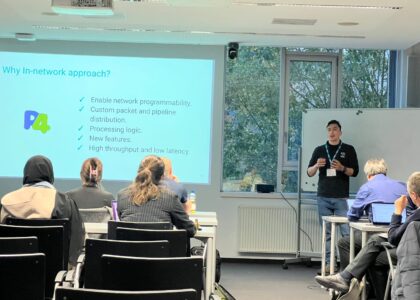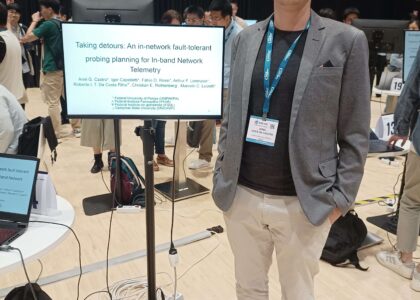Islam, Md, and Christian Rothenberg. “HAS Based Empirical QoE Study over TCP and QUIC on Diverse Networks.“, Proceedings of the 7th Workshop Pré-IETF, Evento Online, 2020. SBC, 2020, pp.29-42.

Abstract:
HTTP adaptive streaming (HAS) is the de-facto standard for video services over the Internet delivering increased Quality of Experience (QoE) as a function of the network status. Such adaptive streaming atop HTTP relies predominantly on TCP as the reliable transport protocol. Recently, QUIC, an alternative of TCP transport, has emerged to overcome TCP’s native shortcomings and improve the HTTP-based applications QoE. This paper investigates three strategies (Rate, Buffer, and Hybrid) based adaptive bitrate streaming (ABS) algorithms behavioral performance over the traditional TCP and QUIC transport protocol. For this purpose, we experimentally evaluate different cellular network traces in a high-fidelity emulated testbed and compare the performance of ABS algorithms considering QoE metrics over TCP and QUIC. Our empirical results show that each ABS algorithm’s (Conventional, BBA, and Arbiter) QoE performance is biased for TCP. As a result, QUIC suffers the ineffectiveness of traditional state-of-art ABS algorithms to improve video streaming performance without specific changes.
@inproceedings{wpietf,
author = {Md Islam and Christian Rothenberg},
title = {HAS Based Empirical QoE Study over TCP and QUIC on Diverse Networks},
booktitle = {Anais do VII Workshop Pré-IETF},
location = {Evento Online},
year = {2020},
keywords = {},
issn = {2595-6388},
pages = {29--42},
publisher = {SBC},
address = {Porto Alegre, RS, Brasil},
doi = {10.5753/wpietf.2020.13794},
url = {https://sol.sbc.org.br/index.php/wpietf/article/view/13794}
}






